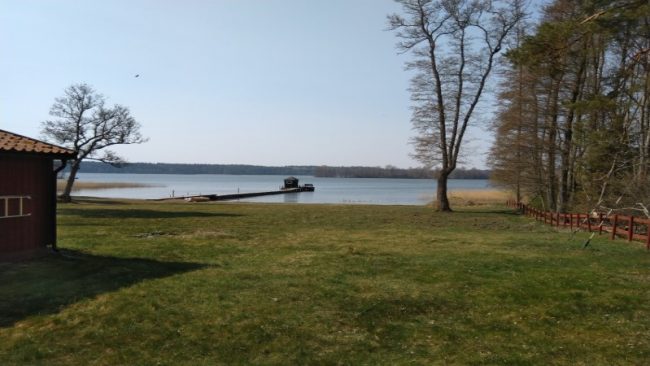Julian studied International Corporate Communication and Media Management at the HNU University of Applied Sciences in Neu-Ulm, Germany. He joined the DFGE team in 2018 and is now working as Marketing and Corporate Communication Manager. He enjoys playing Tennis, Skiing and to meet with friends.
“Only one Earth” is the motto of this years World Environment Day on 5th of June 2022. It’s time to heal the planet Climate change, waste and biodiversity losses are already affecting our daily life. Besides that, energy and food crisis contribute to an increase in conflicts around the world. To solve these problems, we…
Revising the CoP: Background and Rationale About CoP and UNGC: The UN Global Compact (UNGC), a non-binding United Nations pact, encouraging firms and businesses to think of and adopt and report on more sustainable methods. To ensure a more straightforward reporting experienced it has identified 10 principles (The Ten Principles | UN Global Compact) forming…
Verbesserung des Ecovadis Scorings Kunde: MANN + HUMMEL Kategorie: Automotive Datum: Mai 2022 Als Experte und weltweit führendes Unternehmen in der Filtrationstechnologie entwickelt MANN+HUMMEL innovative Filtrations- und Separationslösungen, die saubere Mobilität, saubere Luft und sauberes Wasser ermöglichen. Damit leistet das Unternehmen einen wichtigen Beitrag für eine saubere Welt und den nachhaltigen Umgang mit begrenzten Ressourcen.…
The number of regulatory initiatives which are also requiring non-financial disclosure is growing rapidly. Between 2013 and 2018, there has been a 72% increase in the number of recorded regulations. Especially in the past years, this trend took an even broader and more defining role and are the reason of this CSRD related post. DFGE…
Buy consciously, dress sustainably, wear it longer, dispose it in an environmentally friendly way. Invest sustainably in our planet, it is the only home we have. Your clothes make people / sustainable, organic, fair – this is the motto for the Earth Day and formulates the requirement for each of us to commit to resource…
The S&P Global questionnaires for CSA 2022 will open on April 5, 2022 (DJSI) and May 5, 2022 (ESG Indices). Due to the growing interest of stakeholders in sustainability and climate change, it is becoming increasingly important for companies to make their sustainability efforts transparent. In addition to sustainability reports with environmental, social, and governance…
After three years of Covid, people around the world are undoubtedly tired of sliding from one crisis to the next. Especially compared to the ongoing pandemic and the Ukrainian war, other global crises seem to lose importance. Experts emphasize the danger of ignoring surfacing warning signs. Besides the ongoing pandemic, supply chain disruptions, inflation, debt,…
During the last couple of years, the number of climate neutral claims for individual products or by entire organizations has risen drastically. Numerous of such claims faced legal complications and government regulations, as seen for instance in France. Companies have gone even further by claiming to become climate positive or carbon negative in the near…
Environmental protection and sustainability are becoming more and more a trend. For many companies real measures to meet sustainability criteria are getting priority. Supply Chain Due Diligence Act and the Taxonomy under ESG regulation is intended to help with this. EU Green Deal & Taxonomy To enable Europe to become “the first climate-neutral continent in…













